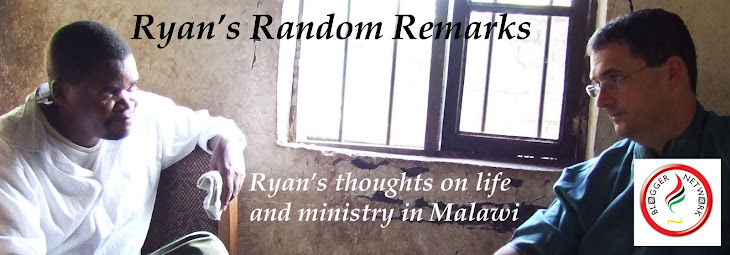This morning’s sessions left me feeling small. The first session focused on a study of Ephesians 2 with a reminder of the reconciliation that we have to God in Christ (v.16). The following session felt like a series of tidal waves. As each wave hit the mind and conscience, there was barely time to breath before the next one struck. The focus was on some of the biggest issues in the world needing reconciliation.
The Dalit of India – The 250 million Dalit (untouchables) are at the bottom of the caste system. From birth, Dalit children are taught that they do not have worth and are systematically taught where they can and cannot go. They are relegated to only holding certain low level jobs. The Dalit women are the primary targets of human trafficking in India. Joseph D’souza (India), the president of the Dalit Freedom Network compared the Caste system to the Apartheid of South Africa saying it is worse than racism. What is the role of the global church in ending the caste system?
Slavery – There are more slaves in the world today than during the height of the colonial slave trade times. Pranitha Timothy (India) of the International Justice Mission told stories of slavery in India. This included a disturbing undercover black and white video of a slave master talking and laughing about his slaves and how he ensures they stay loyal. What is the role of the global church in ending slavery?
The Israel and Palestine Conflict – Shadia Qubti (Palestine) & Dan Sered (Israel) talked about their experiences as Christians in the Middle East. While Palestine is largely Muslim, ten percent of the population is Christian and have strong deep feelings about the land. They said, “When Palestinian and Jewish Christians can say, ‘I love you in Christ’ the world will see the reconciling power of the gospel.” What is the role of the global church in helping to bring reconciliation in this tense situation?
Genocide – In 1994, over a period of 100 days, one million Tutsis were systematically killed by members of the Hutu tribe. This happened in a country considered 90% Christian and the birthplace of the East Africa revival. Antoine Rutayisire (Rwanda), a Commissioner on the Rwandan National Unity and Reconciliation Commission spoke about his role as a “wounded healer” and reflected on some of the factors that led to a weak Christianity that could not prevent the genocide from happening. What is the role of the global church in preventing genocide?
Human Trafficking – Human trafficking is the second largest illegal business just behind drug trafficking. Christine MacMillan, the head of the World Evangelical Association task force to prevent and combat human trafficking spoke of the need of the church to act. What is the role of the global church in stopping human trafficking?
The weight of each of these issues is enough to make one despair and feel small. A life time could be dedicated to struggling with each issue. I think it is easy to believe that these are local problems that require local action. While local action is often needed, it does not excuse those far away from acting. We are part of the Global body of Christ and need to creatively and wisely engage.
- God in Christ, reconciling the world to himself 2 Cor 5:19


No comments:
Post a Comment